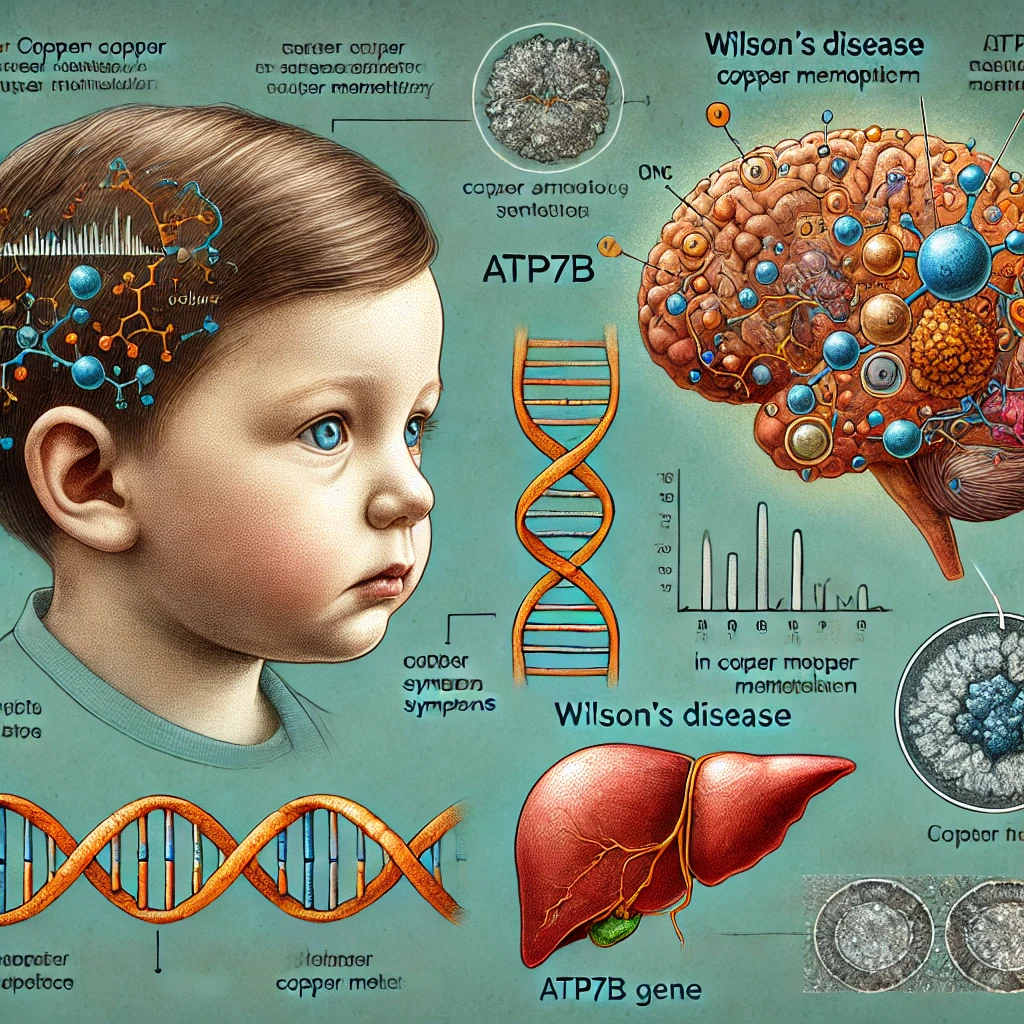
Dangers of Periodontal Diseases
Periodontal diseases, commonly known as gum diseases, pose serious risks to oral health and overall well-being. These diseases, which include gingivitis and the more severe

Periodontal diseases, commonly known as gum diseases, pose serious risks to oral health and overall well-being. These diseases, which include gingivitis and the more severe

Wilson’s disease is a genetic disorder that disrupts the body’s ability to process copper, leading to dangerous buildup—mainly in the liver and brain. Caused by

For many, a glass of red wine can be relaxing, but for migraine sufferers, it may quickly turn into a trigger. Studies show that red

Low back pain (LBP) is a common issue that affects millions of people worldwide, and if you’ve ever experienced it, you know how frustrating it

Winter brings shorter days, colder weather, and less sunlight, which can significantly impact your vitamin D levels. Known as the “sunshine vitamin,” vitamin D is

Lower back pain? You can thank your desk job — and the Industrial Revolution. Scientists just figured out that our spines actually started hurting more

A new study has found that people with depression tend to have more physical health conditions—and they develop new ones faster than those without depression.

Imagine your gut as a massive, 24/7 party zone—except the guest list depends entirely on what you eat. Give it the right fuel, and it’s

Long COVID patients, struggling with persistent symptoms like brain fog, fatigue, and severe headaches, are increasingly seeking experimental therapies for relief. With no proven treatments

Childhood weight gain isn’t just “baby fat” that disappears. When kids gain too much weight early on, they often carry it into adulthood. And it’s